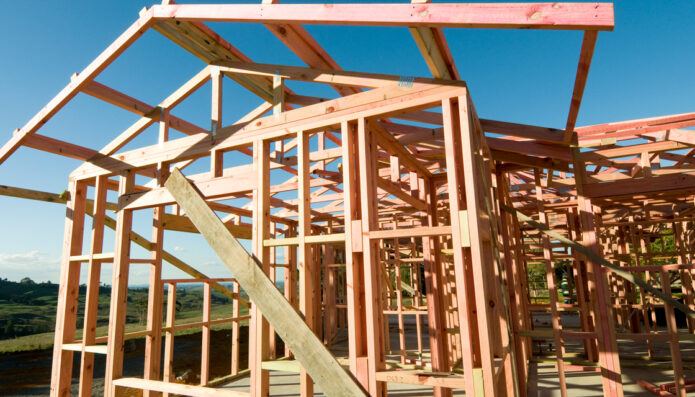PHOTO: FILE
The casino industry in New Zealand has been a significant driver of real estate trends. From luxurious hotels to residential developments, the influence of casinos is evident. Understanding these trends is crucial for anyone interested in the property market.
The casino industry has a profound impact on various sectors, including real estate. When you consider the influx of tourists and the need for related services, it’s clear how casinos shape property markets. This article delves into the current trends and what you should know about them.
Impact on commercial real estate
Commercial real estate is one of the primary sectors affected by the casino industry. The development of new casinos often brings with it a surge in related businesses such as hotels, restaurants, and retail spaces. Compare casinos online to understand how different establishments influence local economies. These ancillary businesses are essential as they cater to the influx of visitors and create job opportunities, further boosting the local economy.
New Zealand’s major cities like Auckland and Christchurch have seen significant developments in their commercial real estate sectors due to nearby casinos. This growth leads to increased demand for office spaces and commercial leases, making it a lucrative market for investors. Additionally, commercial properties near casinos tend to have higher rental values due to the steady foot traffic they attract.
Moreover, the casino industry’s influence on commercial real estate extends beyond the immediate vicinity of the establishments. As casinos attract more visitors and create jobs, the surrounding areas experience a surge in demand for various commercial properties such as shopping centers, office spaces, and warehouses. This increased demand drives up property values and rental rates, making it an appealing market for commercial real estate investors looking to capitalize on the casino industry’s growth.
Residential property development
The presence of casinos also drives residential property development in surrounding areas. In many cases, developers see an opportunity to build high-end residential complexes to cater to affluent casino-goers and employees who prefer living close to their workplaces. This trend has led to a rise in property values and rental prices in these areas, benefiting homeowners and investors alike.
It’s important to note that while this growth presents opportunities, it also requires careful planning and regulation. Overdevelopment can strain local infrastructure and services, making it essential for city planners and developers to work together to ensure sustainable growth. This delicate balance is critical for long-term success.
Tourism-related infrastructure
Casinos are not just about gambling; they are entertainment hubs that attract tourists from all over the world. This influx necessitates robust tourism-related infrastructure such as airports, public transportation, and hospitality services. The ripple effect extends beyond the immediate vicinity of casinos, impacting broader urban development plans.
For instance, Queenstown has become a hotspot for tourism due partly to its casino offerings. The increased tourist activity has led to improved infrastructure projects, including better roads and public amenities, which benefit both residents and visitors. This kind of development enhances the overall appeal of a location, making it more attractive for real estate investments.
Challenges and considerations
Despite the positive impacts, there are challenges associated with casino-driven real estate trends. One significant concern is the potential for economic disparities as certain areas flourish while others lag behind. This uneven development can create social issues that need addressing through thoughtful policy-making and community engagement.
Another consideration is the environmental impact of large-scale construction projects associated with new casinos and related infrastructure. Sustainable building practices must be prioritized to minimize ecological footprints and preserve natural landscapes. Understanding these challenges is essential for stakeholders aiming to harness the benefits of casino-driven real estate trends without compromising community well-being.















